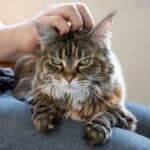It's no mystery that cats are intrigued by paper. They've been observed rolling around on it, sitting on it, shredding it, and even eating it. When you try to offer them with a comfortable cat bed, they frequently opt for the box or a newspaper on the floor instead.
Cats also have a habit of lying right in the midst of whatever papers you're working on. Why do our rambunctious felines have such a strange obsession with paper?
Jump to:
- Cats are naturally lively and fascinating creatures with a voracious appetite for playing, hunting, and affection.
- It can certainly be used for purposes other than amusement.
- Touching is the ultimate destination.
- If you have an anxious cat,
- Cats are always on the search for something that isn't quite right.
- Cats are infamous for being territorial, especially if there are multiple cats in the house.
- Maybe your cat doesn't only want to sit on paper.
- Keep in mind that sometimes your buddy may simply be bored or restless the next time you see him tearing up paper.
- If you notice your cat becoming bored and destructive
- There are moments when a paper addiction becomes more than amusing.
- It's entertaining.
- Never overlook the potential of a cat looking for attention by lying on paper.
- It's a strong indicator of your plans for another hour or so if you're reading.
- Cats also prefer confined places,
- Whatever the case may be, it's yet another intriguing feature of your cat's personality to witness.
- Conclusion
Cats are naturally lively and fascinating creatures with a voracious appetite for playing, hunting, and affection.
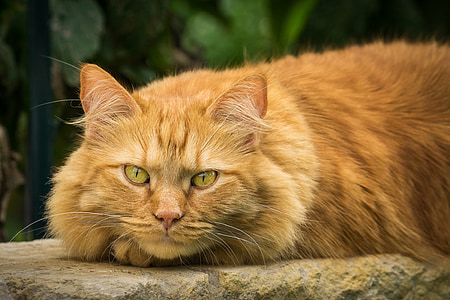
Some of these innate urges are satisfied by paper. It's possible that their fondness for paper stems from the crunch it makes when they walk on it. For such naturally curious creatures, this might be a pleasurable sensation. It piques their curiosity and encourages them to be fun, especially when a wad of paper is transformed into a toy.
Cardboard can also be stimulating since it satisfies their unquenchable desire to crunch, shred, and rip things with their claws or teeth. Another reason they like paper is that it (along with other paper products) is believed to assist them maintain their body temp.
It can certainly be used for purposes other than amusement.
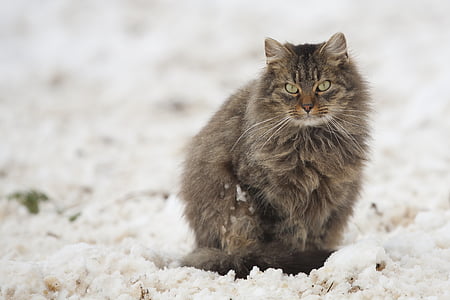
Cats rub on items to release a chemical compound known as pheromones, which has been well documented. This is in order for him to claim it as his own. When you find your cat rubbing on the book you're reading or the box he's currently occupying, it's possible that he's letting other pets or humans know that this is his box or that you're his person.
Curiosity can justify a variety of feline actions, like lying on a sheet of paper or newspaper. New experiences stimulate the interest of cats. It's impossible to resist learning what something is and how it feels, sounds, smells, and tastes.
The issue of sight has already been resolved. It was the paper that caught the cat's attention. The cat then wants to know what paper tastes like. This will entail chewing and licking. The cat discovers how to sound by scratching the paper. Sniffing normally reveals a fragrance that is unremarkable.
Touching is the ultimate destination.
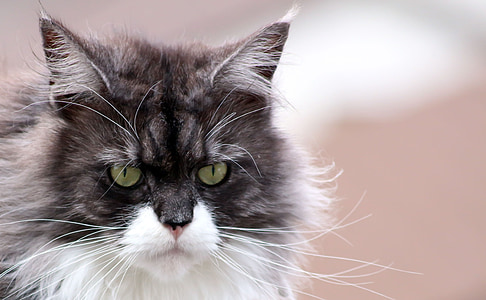
Because the skin on a cat's underbelly is so fragile, many cats have a negative reaction to being touched on the stomach. Through lying on the paper, the cat gets to try out a new texture.
When the flooring is cool, a cat will go toward a sheet of paper because it is a natural heat insulator. A cat's delicate belly skin is not revealed to the cold by utilizing paper. This keeps its core body temperature from plummeting to dangerously low levels.
If you have an anxious cat,
It may try to smell or push the paper before fleeing. Your cat is more likely to sniff, lick, and sit on the paper. All of a cat's basic senses will be satisfied.
Place a sheet of A4 paper on the living room floor and take a step back. Your cat will almost certainly gravitate toward the paper right away. The cat has noticed something unusual in the normal arrangement and wants to know what it is.
Scrap paper appears to humans as trash that has not yet made its way to the trash can. It is a prize that must be claimed by a cat. A sheet of paper normally has a neutral scent, but a cat can change it by attaching its own scent. The sheet of paper, brown bag, or newspapers becomes its jurisdiction at this point.
Cats are always on the search for something that isn't quite right.
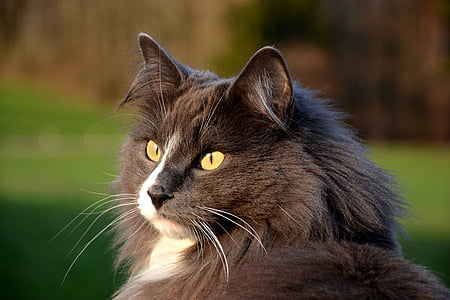
As a result, the rogue object will be perceived as a treasure to be grabbed. Although humans use the space, the cat may not be allowed to take the entire living room floor. Those 11.7 × 8.3 inches of paper, on the other hand, are all the cats.
If your cat is lying on paper, let it alone and discard the paper. This could incite revenge. You are stealing a cat's personal property. Some cats may interpret this as a display of power and become confrontational.
Allow your cat to enjoy its territory because it will quickly lose interest and move on if you interfere. It's time to put the paper in the recycling bin. The very next day, your cat is hardly to recall the existence of the paper.
Cats are infamous for being territorial, especially if there are multiple cats in the house.
Everything must be in its appropriate location, and anything that is out of place, such as a stray piece of paper, must be seized. What's more, how do cats establish their claim? By leaving a smell mark.
Scent marking would be when your cat uses the scent glands on his forehead, cheeks, chin, and paws to discharge pheromones and oils. Your cat could leave a scent trail on high-traffic areas of the house. If you ever see him lying on paper as if it were his throne, you'll understand why.
The fact that cats do not usually transfer their scent by sitting on an object lends doubt to this notion. Have you ever seen your cat rubbing up against the sofa's corner? Scent marking is a more involved activity than simply sitting on paper suggests.
If your cat kneads the paper with his paws rather than simply resting on it or laying atop it for a nap, this suggests a more active, meaningful transfer of fragrance to the paper and gives weight to this notion.
Maybe your cat doesn't only want to sit on paper.
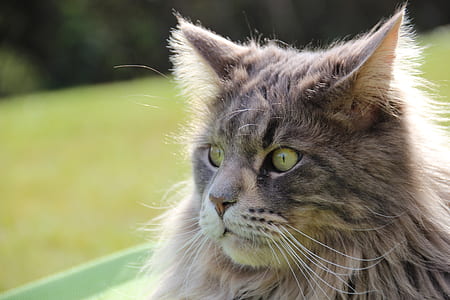
Many cat owners have discovered that their cats will sleep on a plastic bag left on the counter. Paper bags are also a cat’s favorite, not only for hiding in, but also for resting on top of.
It's not an accident. It wasn't only that the paper was just where the cat wanted to sit in the first place. Any cat owner will tell you that if you leave a cat in an empty warehouse with nothing on the floor but a one piece of paper, the cat will go from one end to the other solely to lay on it.
Stone flooring can get cold, but if the cat is sitting on paper or newspaper, it won't be. The paper warms up as soon as the cat lays down. It then acts as a makeshift rug, retaining the heat.
Heat insulation is frequently used in conjunction with other reasons why cats like paper. Carpet, for example, is warmer than paper. Even yet, a cat will most likely relax or sleep in the middle of a carpeting on a piece of paper. This indicates that the cat's sense of security is more significant.
Keep in mind that sometimes your buddy may simply be bored or restless the next time you see him tearing up paper.
Some cats indicate their dissatisfaction by shredding or biting the paper off the wall. When their needs for play or attention go unfulfilled, your pet may take a more defiant approach to getting what he wants. Understanding the causes for their conduct is the most effective way to stop them.
If you notice your cat becoming bored and destructive
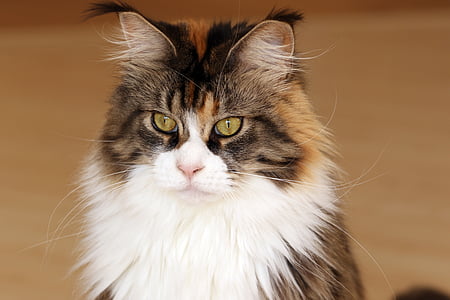
It's always a good idea to provide him with toys and occasional playtime. Cats, like humans, require attention as well as mental and physical engagement. Setting aside a portion of time each day for play and affection can help decrease these negative behaviors.
There will be no harm done if a cat simply bats paper around in its paws. Be more cautious if the cat begins to swallow paper. You don't want your cat eating a lot of paper because it can cause an intestinal blockage.
Small bits of paper aren't a problem. These will disintegrate in your cat's digestive tract and eventually pass through the poop. Because the print on some newspapers can be hazardous, provide plain pieces of paper sometimes when necessary.
There are moments when a paper addiction becomes more than amusing.
If you notice your cat shredding or munching upon paper excessively, it could be a sign that something else is wrong. Consult your veterinarian since your cat may have swallowed enough paper to develop an internal obstruction. Excessive shredding or chewing can suggest dental issues or nutritional deficits, which should be discussed with your veterinarian.
It's entertaining.
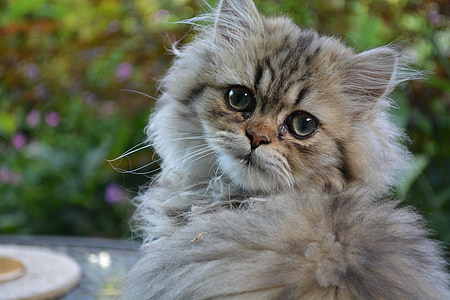
They prefer to pretend to be hidden, or at least believe they are hiding, and then pounce out if another cat approaches. They enjoy the sound of crinkling paper and will bounce around for a while on a crumbled paper bag, especially if you tuck a toy underneath it.
Boxes and bags intrigue to more than just cats. Humans are no exception. When my son was younger, he loved it when I gave him a cardboard box large enough for him to play in. My nearly eight-year-old daughter would squeeze herself in to play with him as too.
Guinea pigs also enjoy going into boxes. Hutches are popular among rabbits. Turtles, too, enjoy going into boxes. When it comes to boxes, I'm beginning to think they're more of a shelter than a joyful thing.
Never overlook the potential of a cat looking for attention by lying on paper.
Cats prefer it when you acknowledge their presence. If you don't pay any attention to other cues, your cat may begin to lay on something essential to you.
This is most likely because the cat feels the paper is significant to you. It will keep an eye on you and keep track of the objects you interact with. This will not do if you are reading the newspaper or mag instead of petting the cat. As soon as you set the paper down, the cat will leap on it.
They know that if they act fussy right in front of our faces, they will gain our attention, and it will usually be pleasant attention. This satisfies the demand for warmth and security that cats possess. They also want to leave their scent on anything we own since it gives them a sense of security.
It's a strong indicator of your plans for another hour or so if you're reading.
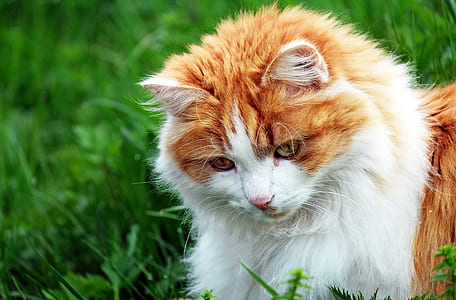
You'll have to sit for as long as necessary, so you'll make a nice cat bed. Also, since you're reading, you're obviously looking for something to do (at least from your cat's perspective), so you might as well do some ear-scratching and neck-rubbing while you're at it.
Cats also prefer confined places,
which may explain why they prefer a specific territory such as a folded towel or garment than a wider area such as the bed. It could just be instincts, or it could be a desire for comfort that drives people to a particular warmth and feel of the material.
Whatever the case may be, it's yet another intriguing feature of your cat's personality to witness.
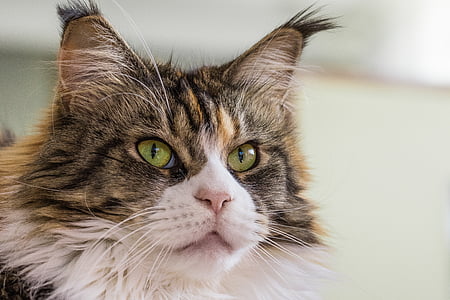
Take advantage of this praise and pay more attention to your kitty when she is unexpectedly resting on your newspaper right under your nose. Cats' oddities in their personality are one of the many causes we adore them and find them so amusing.
It's the same if you're paying bills around the house or going over documents. This will very certainly necessitate your undivided attention, which the cat would pick up on. It might jump up on a table and swallow your mail.
Conclusion
Your reaction to this will have an impact on your cat's future conduct. If you punish your cat, it will revert to sitting on paper when it craves your attention. The cat has no clue that it is being disciplined; all it knows is what gets a response. If you ignore the cat, it will try to grab your attention in different ways.
This can be challenging, but try to see things through your cat's eyes. It's probably wanting attention for a reason. Some cats are much more clingy and needy than others. However, be sure you haven't missed a planned feeding or playtime.

